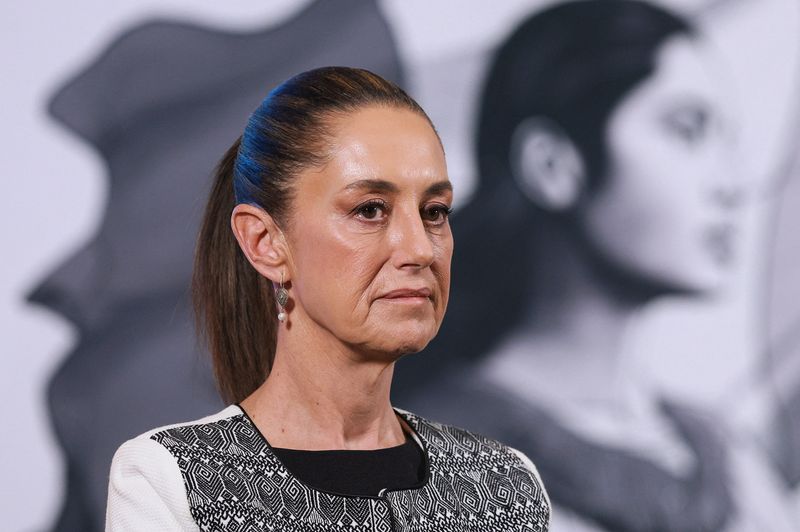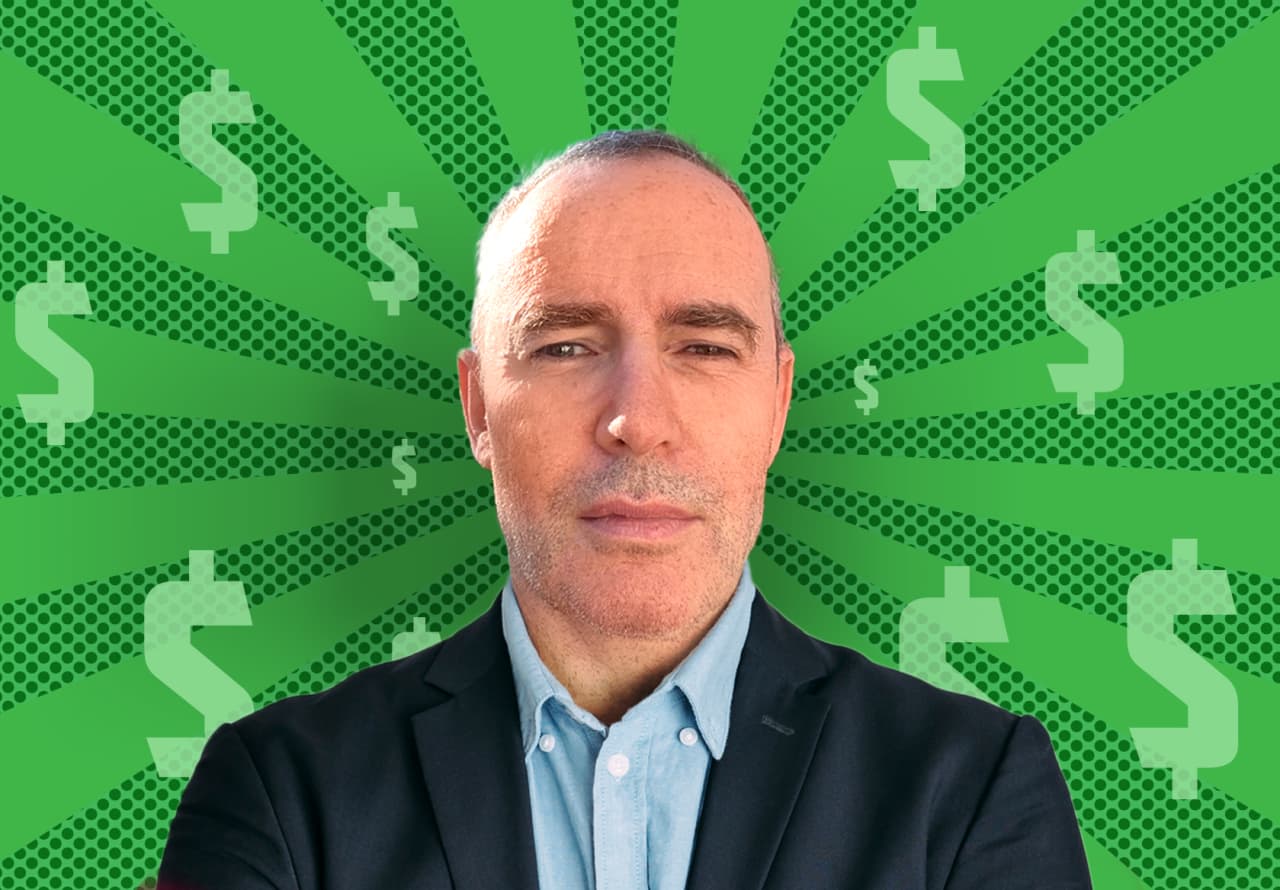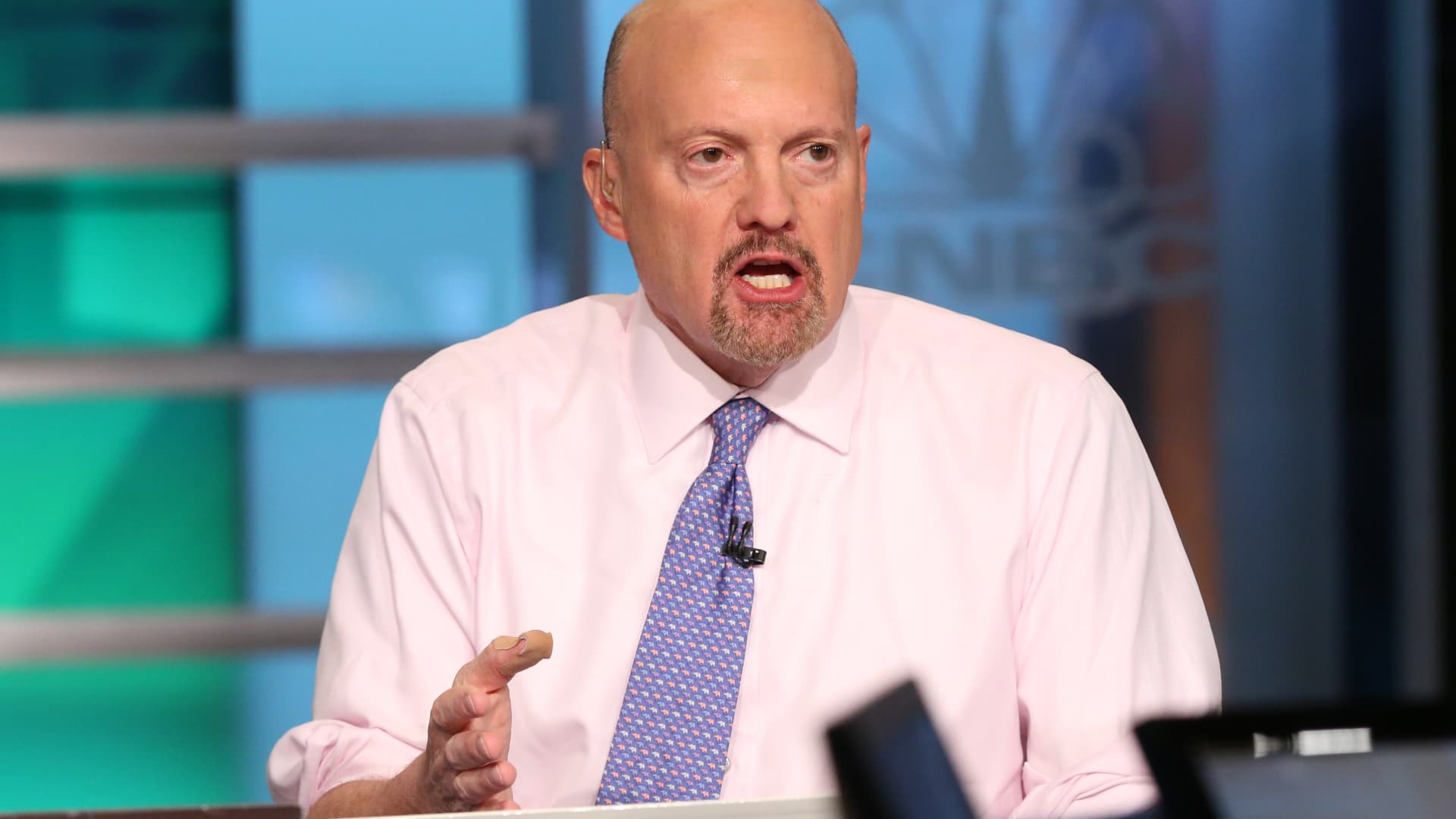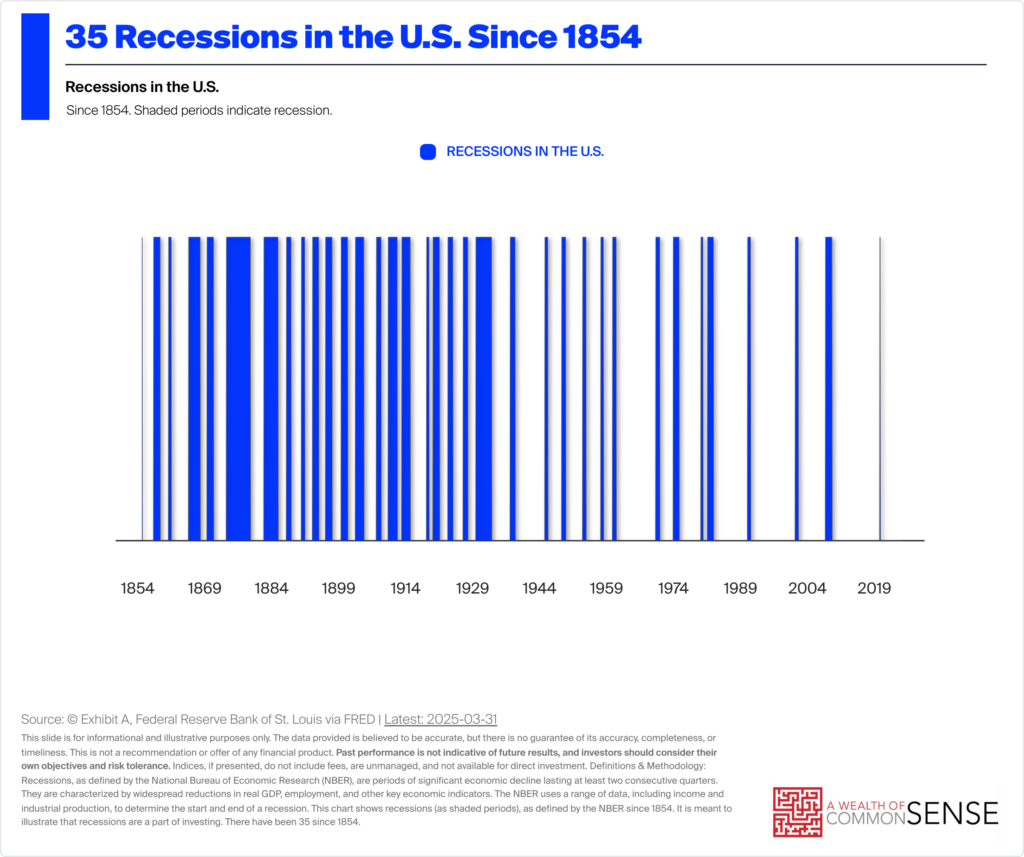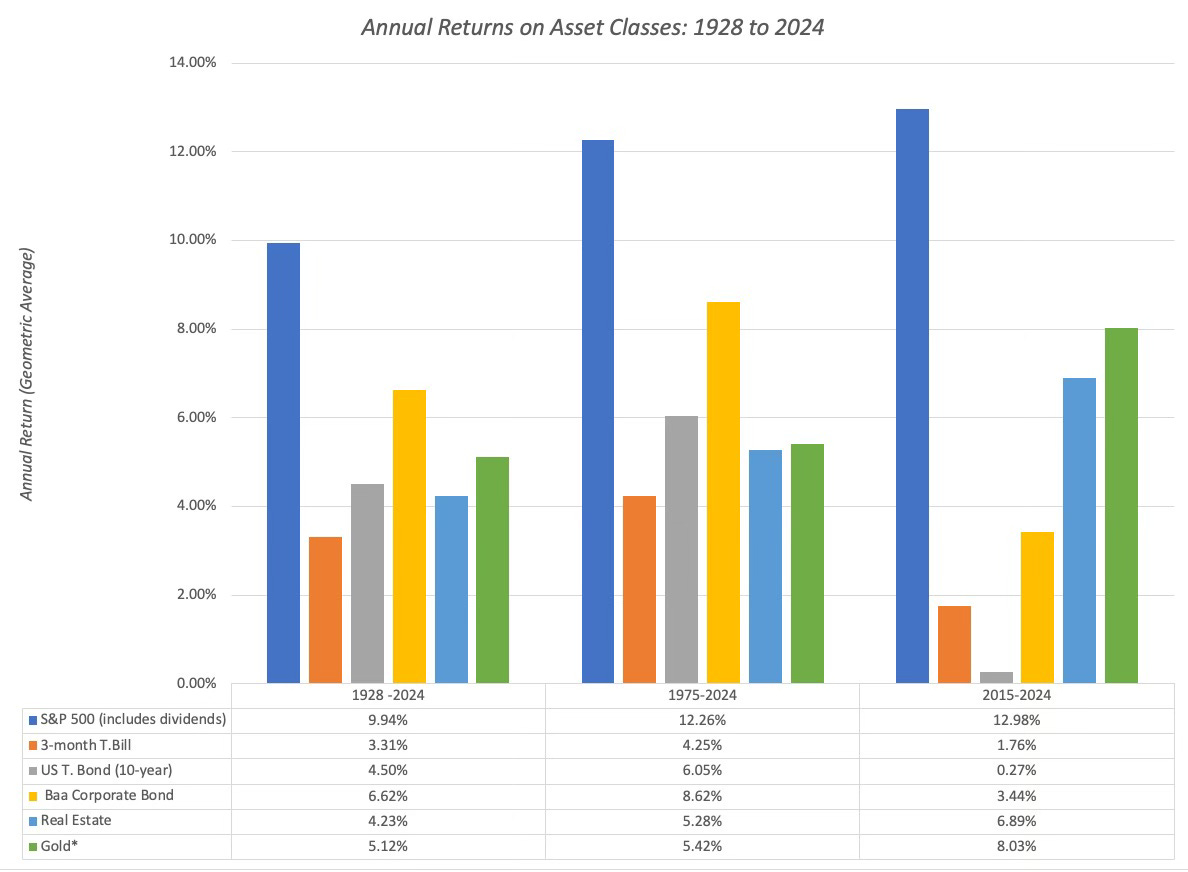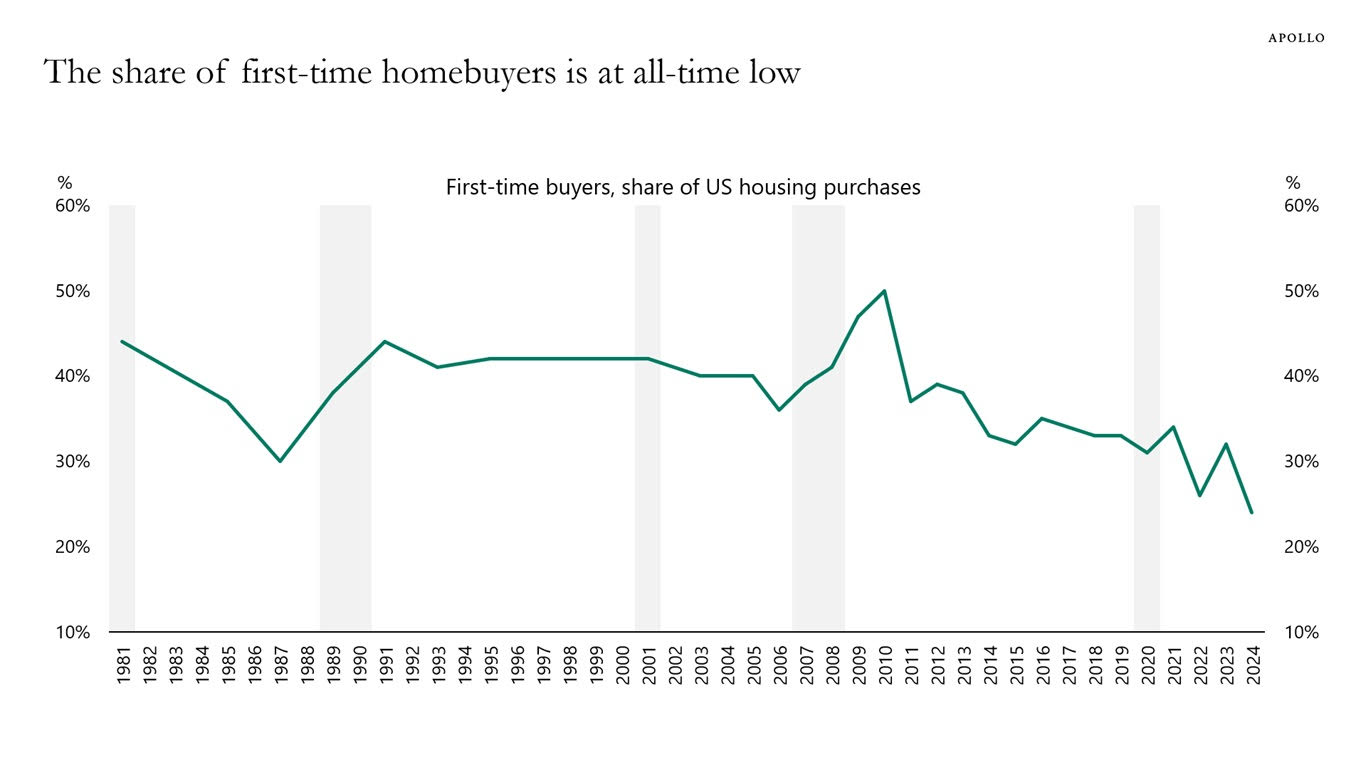I retired early to spend more time with my kids – but how do I stop worrying they’ll become spoiled trust fund adults?
Nobody wants their child to become a spoiled, entitled “trust fund adult” with zero motivation to go to work or school. Undoubtedly, for many affluent parents who don’t set proper boundaries, their wealth can erode a child’s potential. Indeed, it’s a balancing act of sorts as a rich parent aims to grant their child enough […] The post I retired early to spend more time with my kids – but how do I stop worrying they’ll become spoiled trust fund adults? appeared first on 24/7 Wall St..

Nobody wants their child to become a spoiled, entitled “trust fund adult” with zero motivation to go to work or school. Undoubtedly, for many affluent parents who don’t set proper boundaries, their wealth can erode a child’s potential. Indeed, it’s a balancing act of sorts as a rich parent aims to grant their child enough resources to get a head start in life without incentivizing laziness. And it’s not always easy to achieve the right balance. In any case, there are several steps that parents can take to foster greater financial independence without building resentment.
In this piece, we’ll look at the case of a wealthy Reddit user who successfully achieved “fat FIRE” (the fanciest early retirement) but is concerned that their wealth could do their adult child more harm than good.
Key Points
-
Wealthy parents must have the right boundaries and set of expectations in place to prevent fostering the wrong traits and an unhealthy relationship with money.
-
Are you ahead, or behind on retirement? SmartAsset’s free tool can match you with a financial advisor in minutes to help you answer that today. Each advisor has been carefully vetted, and must act in your best interests. Don’t waste another minute; get started by clicking here.(Sponsor)
Give one’s adult child the right incentives
If one’s adult child is already showing signs they’re spoiled, entitled, or lacking in motivation, it can be quite tough to turn things around. Indeed, it’s tougher to instill values later on. And if there’s a trust in place that allows an adult child to spend freely without having to worry about making, saving, or investing money, it’s tough to give them the right incentives.
Why work when one just gets free cash from the trust every so often? While doing away with a trust is an extreme that most financial advisors would probably be against, I do think it makes sense to meet up with a financial planning pro to make a few changes to the structure of a trust. Whether that entails spreading distributions farther out over time or only allowing for funds to be used for specific purposes (educational pursuits), there are ways to shift gears on the trust such that the right incentives are put into place.
Personally, I’m a massive fan of Warren Buffett’s philosophy on sharing the wealth: “Leave children enough so they can do anything but not enough that they can do nothing.”
For a wealthy parent, perhaps this means only paying for expenses that enable a child to seize opportunities and pulling back on the expenses that could foster financial dependence and a lack of drive. Undoubtedly, if you’re regularly paying for an adult child’s discretionary expenses, their lavish vacations, and designer goods, it should come as no surprise if they become entitled, spoiled, unmotivated, and lacking in financial independence. At the end of the day, the stage must be set to pave the way that incentivizes learning about financial literacy and independence.
Setting boundaries and expectations is a must.
If you’re allowing an adult child access to colossal sums of cash on demand, you’re raising them to be spoiled spenders who couldn’t care less about healthy financial habits. Learning how to say “no” more often, communicating your expectations of them, and teaching them about the inner workings of finances is a great way to go.
Whether we’re talking about everyday budgeting, the power of compound interest, portfolio management, retirement planning, or the value of having one’s own income, it’s important to give one’s adult child the tools needed to build fortunes of their own. If there’s a bank of mom and dad that’s always open, and no expectations are communicated, it can be tough to disincentivize a child from doing “nothing.”
At the end of the day, your wealth isn’t your child’s wealth. Though it may fall into their hands in the future, it’s vital to ensure they have the right incentives in place and know-how so they have what it takes to build their own nest egg early on, rather than spending down yours or waiting for an inevitable handout.
The post I retired early to spend more time with my kids – but how do I stop worrying they’ll become spoiled trust fund adults? appeared first on 24/7 Wall St..





